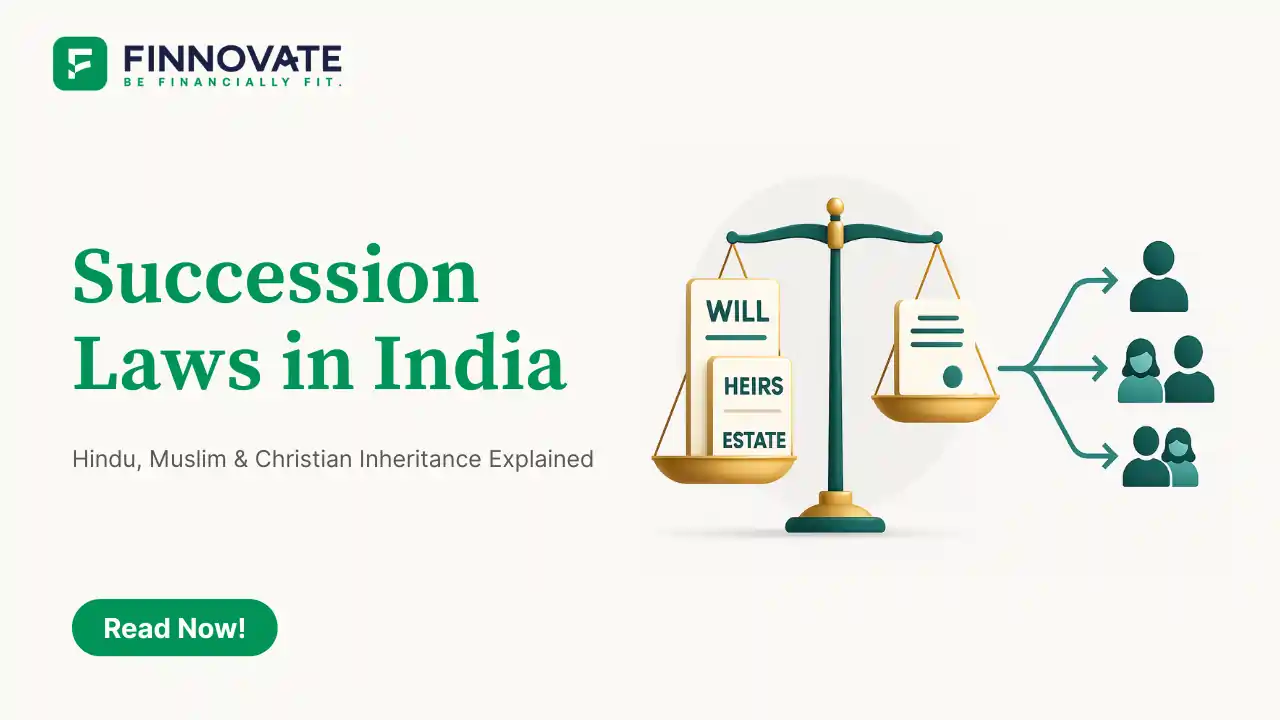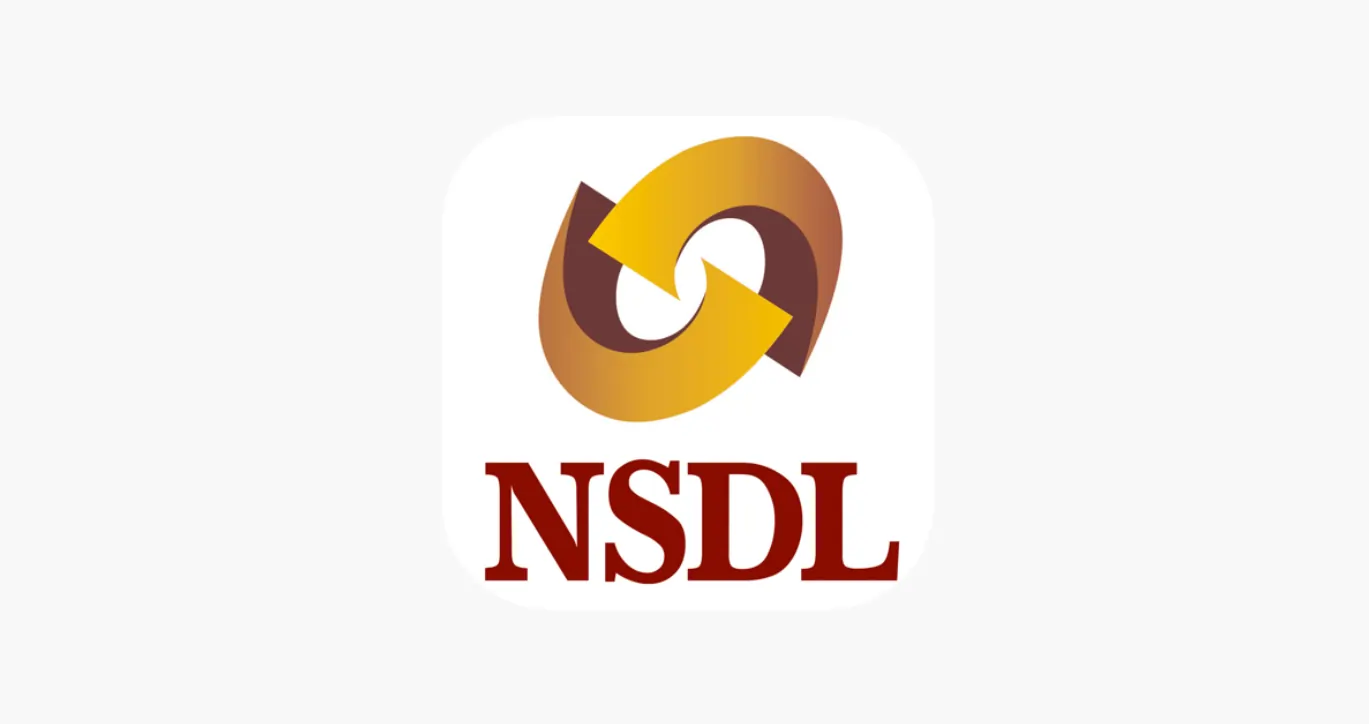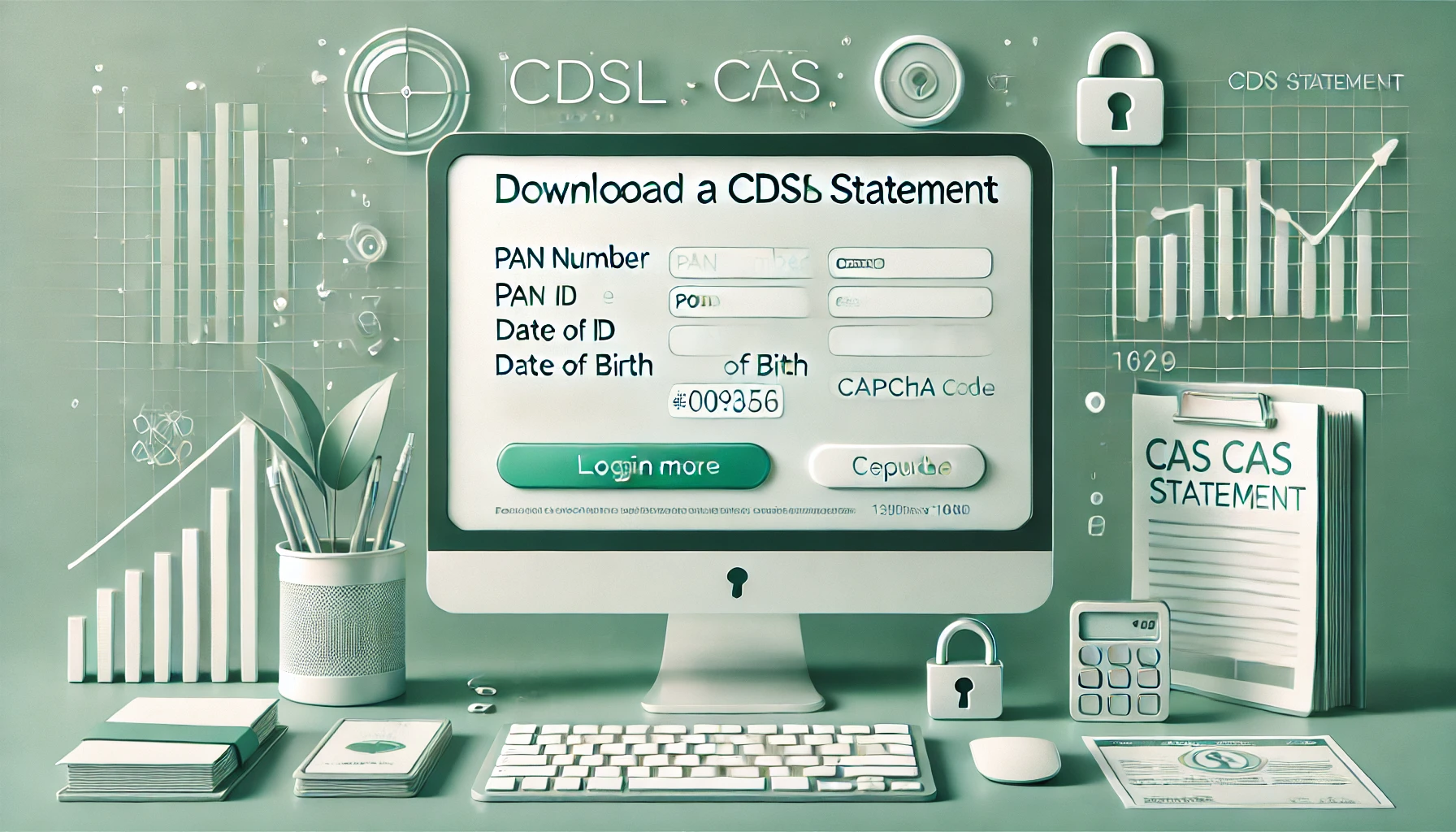
Succession Laws in India: Hindu, Muslim & Christian Inheritance Explained
Understand how inheritance works in India under Hindu, Muslim, and Christian laws - key di...
What Every Indian Investor Should Know
We spend years building wealth - buying homes, investing in mutual funds, maintaining bank accounts - but very few of us decide what happens to these assets after we’re gone. This is where estate planning steps in.
Unfortunately, most families face disputes not because of a lack of wealth, but because of unclear paperwork. Terms like nominee, will, joint holder, and power of attorney are often misunderstood or used interchangeably. Let’s clear that confusion once and for all.
Before we compare them, let’s first understand what each of these actually means.
A Will is a legal declaration that specifies how your assets will be distributed after your death. It must be written, signed, and ideally registered.
A registered Will ensures that your intentions are clear and that your heirs can inherit your assets without unnecessary disputes.
A Nomination is the process of appointing a person (the nominee) who becomes the trustee or custodian of your assets after your death.
For example, when you open a bank or demat account, you are asked to name a nominee. The nominee’s role is not to own the assets but to hold them temporarily until they are distributed as per your Will.
In many cases, the nominee and legal heir are the same person but if they’re different, the Will always takes precedence.
Joint Holding means holding an asset - such as a bank account, property, or demat account - with one or more individuals.
There are two common types:
Joint holdings are useful for convenience but come with a few risks. The joint holder has ownership rights, which means they can sell, pledge, or even be held responsible for liabilities on that asset.
A Power of Attorney allows someone to act on your behalf while you’re alive. For example, an NRI might give POA to a relative to manage property or investments in India.
However, remember this - a POA ceases immediately on the death of the person granting it. It cannot be used for inheritance or wealth transfer.
This is one of the most common and confusing questions investors face.
Let’s take an example. Suppose your brother is the nominee for your demat account, but your Will states that all your shares should be distributed equally between your two daughters. Who gets the shares?
The answer is clear: the Will always prevails.
If there’s no Will, both the nominee and the legal heirs may claim ownership - often leading to prolonged disputes or court cases.
Both serve different purposes and can complement each other.
So, while joint holding provides continuity, nomination ensures legal closure and smooth transition.
In simple terms:
Nomination = Convenience in transmission.
Joint Holding = Continuity of ownership.
Will = Legal authority.
POA = Operational authority (while alive).
A Power of Attorney is meant for practical reasons - allowing someone to transact or manage assets for you.
But it does not transfer ownership. Once the person who gave the POA passes away, all rights under that POA end automatically.
That’s why a POA cannot be treated as a succession document. It’s only a living authority, not a post-death right.
These errors can lead to unnecessary disputes, delays, or even frozen bank accounts for surviving family members.
Here’s how to use all four tools wisely:
Estate planning isn’t just about distributing wealth - it’s about ensuring peace of mind for your family. At Finnovate, we help professionals and families align their Wills, nominations, and joint holdings so that their legacy is protected and their loved ones are never left in confusion.
| Tool | When It Applies | Who Controls the Asset | Key Limitation | Best Used For |
|---|---|---|---|---|
| Will | After death | Legal heirs as per Will | Must be registered | Distribution of wealth |
| Nomination | After death | Nominee (as trustee) | Not a legal heir | Smooth asset release |
| Joint Holding | During and after life | Surviving holder | Exposes to co-holder risk | Shared accounts or property |
| Power of Attorney | During life only | Authorized person | Ends on death | Operational convenience |
Estate Planning in India
Why You Need a Will in India (Nominee is Not Owner)
Disclaimer: This article is for education only and is not legal, tax, or investment advice. Please consult qualified professionals before making decisions.
Popular now

Learn how to easily download your NSDL CAS Statement in PDF format with our step-by-step g...

Explore what Specialised Investment Funds (SIFs) are, their benefits, taxation, minimum in...

Learn How to Download Your CDSL CAS Statement with our step-by-step guide. Easy instructio...

Looking for the best financial freedom books? Here’s a handpicked 2025 reading list with...